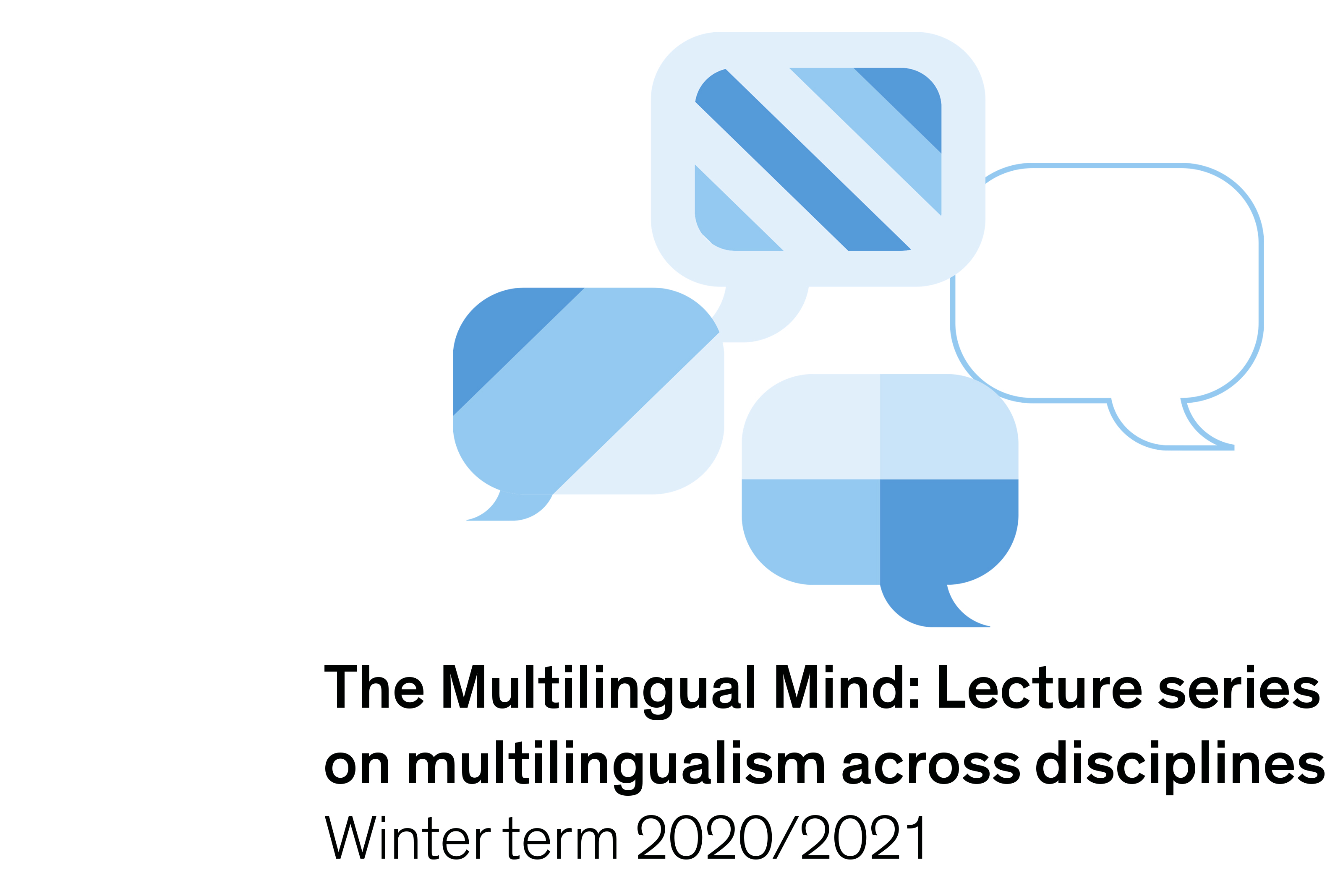
1.12.2020: Prof Ianthi Tsimpli (University of Cambridge): Multilingualism in underprivileged contexts
Join our online lecture on the 1.12.2020 at 17.00 - 18.30 (CET/UTC+01).
Prof Ianthi Tsimpli (University of Cambridge): Multilingualism in underprivileged contexts
The Multilingual Mind: lecture series on multilingualism across disciplines
1.12.2020
Tuesday, 17.00 - 18.30 (CET/UTC+01)
Zoom room: zoom.us/j/94531600895
Abstract
Much research in multilingualism and its effects on cognition and language ability has focused on individuals in western societies. Socioeconomic status, language of education and language prestige have been identified as some of the factors that appear to influence bi/multilingual individuals’ linguistic and cognitive skills although most research on the role of bilingualism on cognition has not considered such factors in much detail. I will focus on multilingualism in India, one of the most linguistically diverse countries in the world (UNESCO, 2009). Linguistic variation across Indian children is vast and includes variation in the number of home languages used, societal/community languages, official medium of instruction in schools and actual language practices in the classroom. As language is the primary vehicle of education and learning, variation in any of the above measures of multilingualism can affect the language experience of the school child and have knock-on effects on the development of school skills (basic and higher literacy and numeracy), or cognition. Focusing on data from the MultiLila project (Tsimpli et al, 2019) from primary school children coming from deprived to severely deprived socioeconomic backgrounds, I will try to disentangle how language experience, linguistic diversity in the child’s immediate environment (school, family, community) and the medium of instruction affect learners’ school skills and cognitive abilities.
